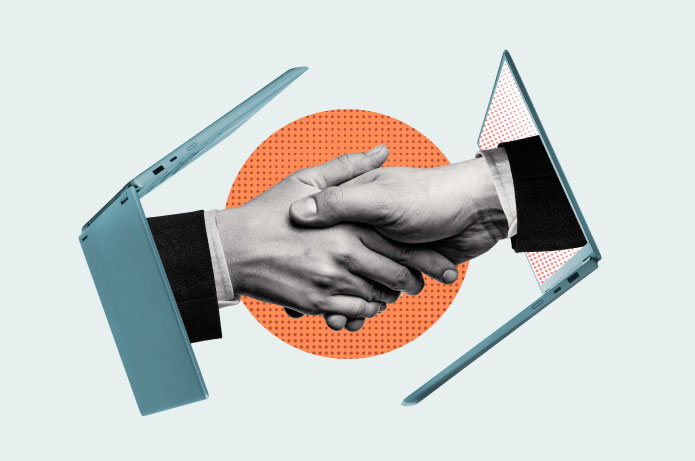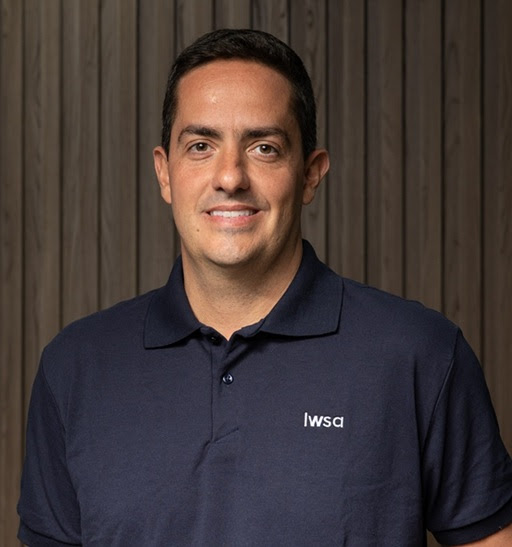Organizações de diferentes setores vêm gerando dados em ritmo exponencial, mas a maior parte dessas informações continua subutilizada. Muitas empresas ainda enfrentam dificuldades para integrar fontes, estruturar os dados e convertê-los em inteligência de negócio. Para especialistas, a resposta mais eficiente está no uso de algoritmos de inteligência artificial e análise preditiva — recursos capazes de automatizar processos e apoiar decisões com mais precisão.
Embora pareça desafiador para alguns setores, esse é o campo de atuação de startups que dominam a infraestrutura de dados e a aplicação de IA. Essas empresas vêm desenvolvendo tecnologias que organizam e processam grandes volumes de informação, tornando-se aliadas essenciais para negócios que desejam ganhar eficiência, escalar operações e tomar decisões embasadas.
Segundo Eduardo Langowski, CEO da Leads2b — startup que utiliza big data e IA para criar soluções de marketing e vendas — o problema não está na tecnologia, mas na baixa visibilidade dessas soluções entre empresários brasileiros. “Muitas dessas startups priorizam o desenvolvimento técnico e a validação do produto em nichos específicos, deixando estratégias de comunicação e vendas para depois. Com isso, mesmo soluções com alto valor agregado enfrentam barreiras para ganhar tração”, comenta.
Ele destaca ainda que, com mais de 25 milhões de empresas ativas no Brasil, o mercado é promissor, mas exige estrutura para escalar. “Sem uma boa distribuição, até o melhor produto corre o risco de não prosperar”, afirma.
Diante desse cenário, o investimento se torna fator-chave. Mais do que recursos financeiros, investidores experientes oferecem conhecimento estratégico, conexões e apoio para estruturar áreas críticas. “O capital ajuda, mas é a orientação certa que garante sustentabilidade no longo prazo. O empreendedor precisa estar preparado para absorver essa troca com maturidade”, reforça Langowski.
Com esse propósito, a Start Growth — venture capital que combina capital, operação e inteligência de mercado — está com uma nova rodada de seleção voltada para startups com soluções em dados e inteligência artificial. O prazo final para inscrições foi prorrogado para 17 de junho. A iniciativa destina até R$ 5 milhões às empresas selecionadas, e o processo de candidatura está disponível no site www.startgrowth.com.br.
A seleção ocorre em três etapas: inscrição online, apresentação das soluções e análise aprofundada do plano de negócios. Além do aporte financeiro, as startups aprovadas recebem suporte da equipe da Start Growth para acelerar suas estratégias de vendas e consolidar o modelo operacional.
For Marilucia Silva Pertile, cofundadora da Start Growth e mentora de startups, o objetivo é atrair negócios que tratam dados como ativos estratégicos. “Hoje, o dado é o novo petróleo. Mas, para extrair valor, é preciso saber refinar. Buscamos startups que dominam essa lógica”, avalia.
A executiva explica que serão priorizadas empresas com soluções voltadas à integração de sistemas, automação de fluxos, análise preditiva e IA aplicada à operação de negócios.
Trajetória e impacto
Desde 2014, a Start Growth atua como investidora e aceleradora de startups, apoiando empresas a superar o chamado “vale da morte” — fase crítica entre a validação e a escala de mercado. A partir do método Start Growth Method, a aceleradora combina capital com operação prática e acompanhamento direto dos fundadores.
Entre os cases apoiados recentemente estão a SmartSave, fintech que automatiza a construção de reservas financeiras com microeconomias digitais, e a Pontomais, HRtech de gestão de equipes e controle de ponto, que já conta com mais de 1 milhão de usuários ativos.
À frente da estratégia de investimentos está Marilucia Silva Pertile, administradora com especializações em Valuation de Startups, Gestão Comercial e Planejamento Estratégico. Somente nos últimos meses, ela liderou a alocação de mais de R$ 40 milhões em novos aportes.
De acordo com a gestora, o foco da chamada atual está em startups com modelos SaaS, B2B ou B2C, que tenham potencial de crescimento rápido e uso intensivo de dados, automação e IA. “Nosso olhar está voltado para fundadores que unem visão de produto com capacidade de execução e ambição de escalar”, conclui.











